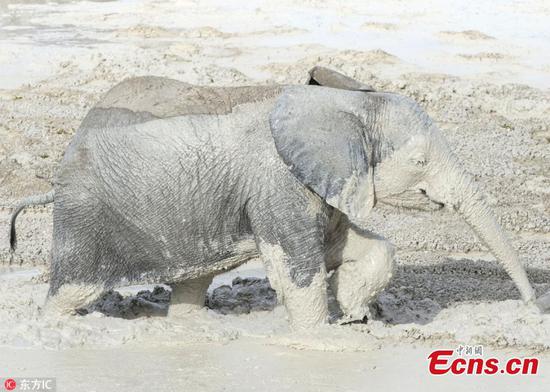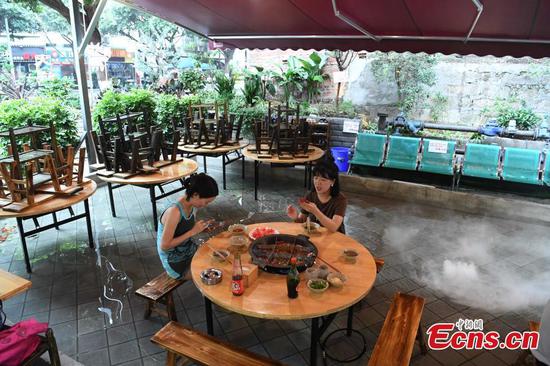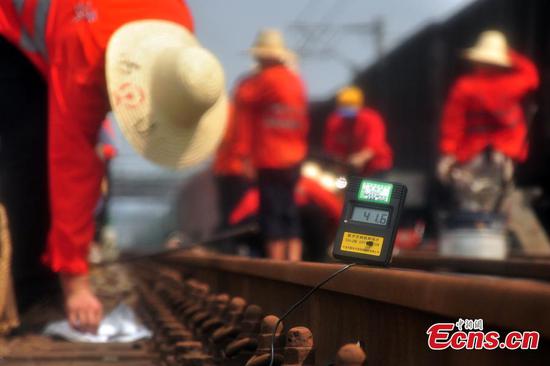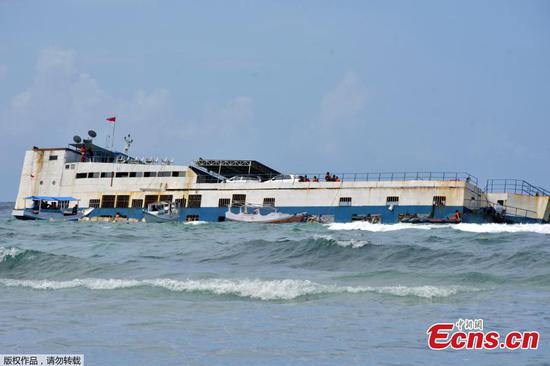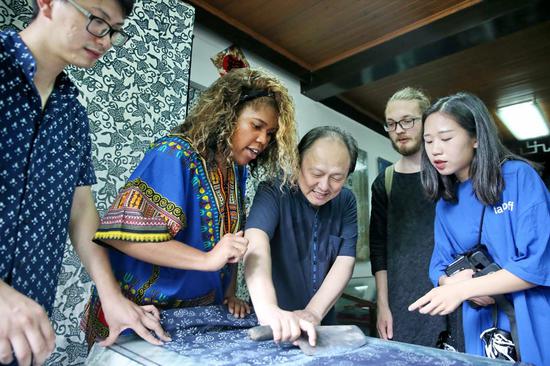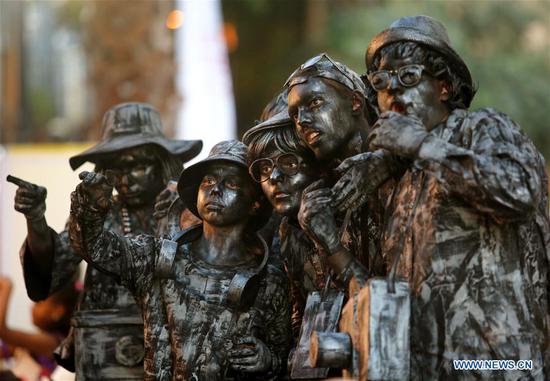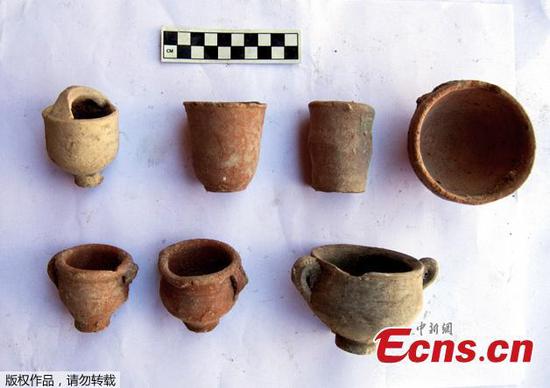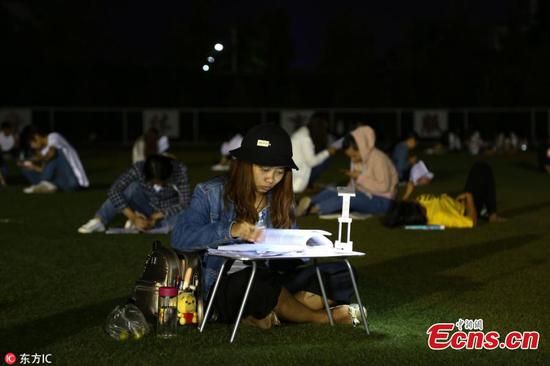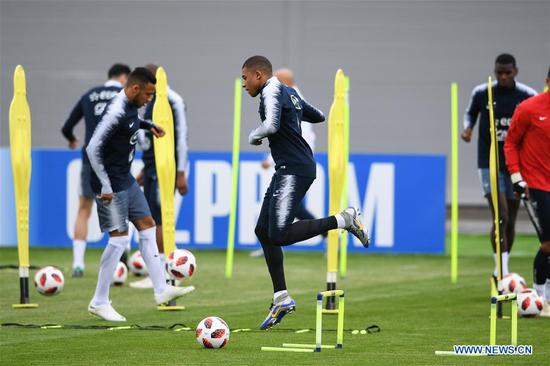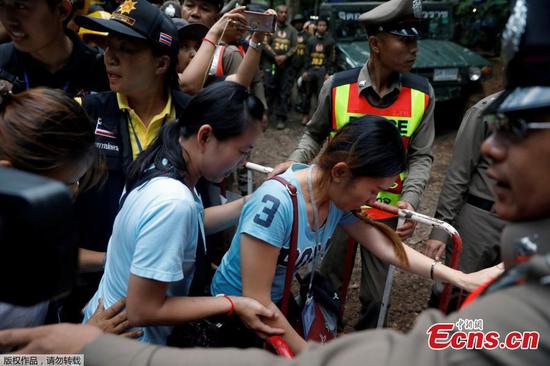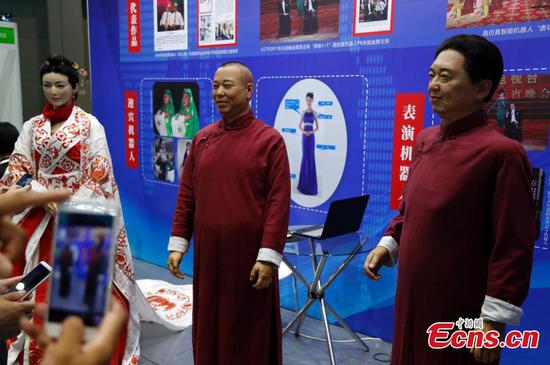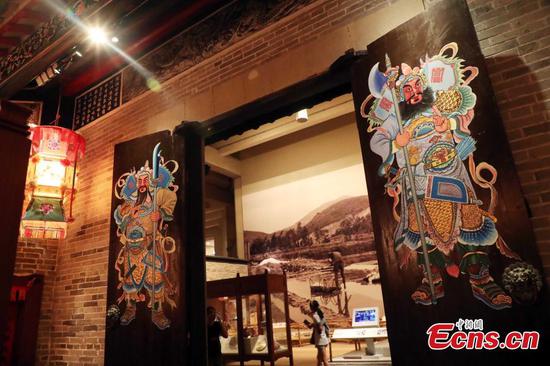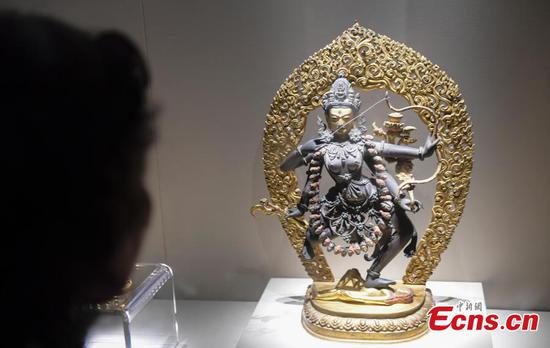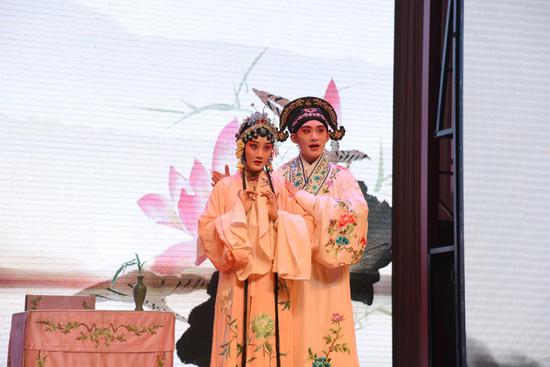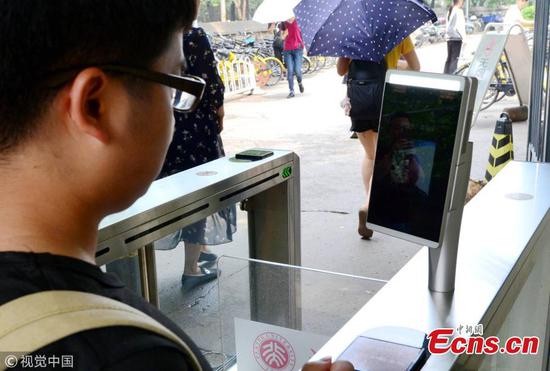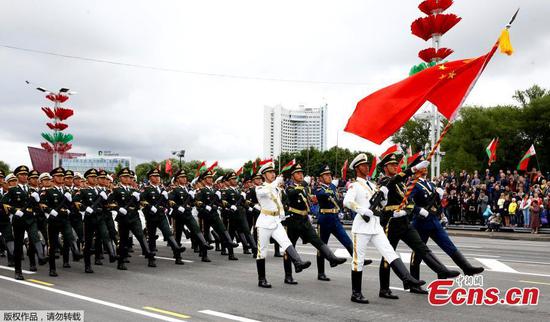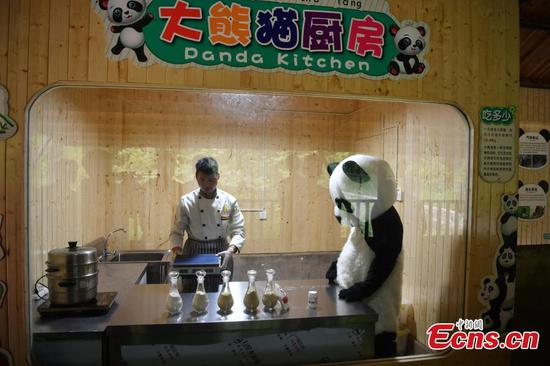President Xi Jinping will address the opening ceremony of the eighth ministerial meeting of the China-Arab States Cooperation Forum on Tuesday, bringing China-Arab cooperation to a new stage, Chinese experts said.
The meeting, to be held in Beijing, will be attended by nearly 20 foreign ministers from Arab states as well as Kuwaiti Emir Sheikh Sabah Al-Ahmad Al-Jaber Al-Sabah.
"China-Arab cooperation is an important part of developing countries' efforts to safeguard multilateralism amid a rising trend of unilateralism," said Dong Manyuan, vice-president of the China Institute of International Studies.
The meeting offers a chance for China and Arab states to discuss ways to address challenges brought by the current regional and global situation, he said.
Li Guofu, a Beijing-based expert on Middle East studies, said the gathering of senior Arab officials in China shows the high expectations Arab states attach to cooperation between the two sides as the countries pursue economic and industrial development.
"Economic cooperation and joint development of the Belt and Road are highlights of China-Arab cooperation," said Sun Degang, deputy director of Shanghai International Studies University's Middle East Studies Institute.
Since the Belt and Road Initiative was proposed by Xi in 2013, it has received positive responses from Arab states and successfully linked up with their individual development strategies, Sun told People's Daily.
Nine Arab countries have signed agreements with China on jointly building the Belt and Road. China is the second-largest trading partner of Arab nations, with two-way trade volume increasing from $36.7 billion in 2004 to $191.35 billion last year.
According to Li, the meeting is expected to achieve concrete results and provide a direction for China-Arab cooperation in the future.









